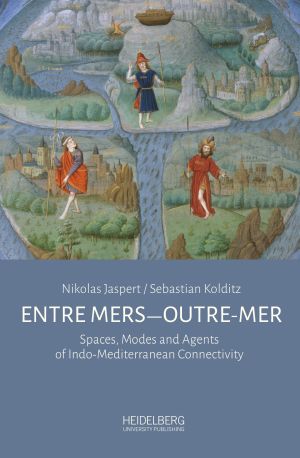How to Cite
License (Chapter)

This work is licensed under a Creative Commons Attribution-ShareAlike 4.0 International License.
Identifiers (Book)
Published
Incense, the Alphabet and Other Elements. On the Movement of Persons, Commodities and Ideas between Egypt and the Southern Red Sea Region
Abstract Ancient Egypt has a long history of interaction with the Red Sea region. Especially a region called Punt was, from the third millennium BCE onwards, the object of several expeditions by ship, which sought luxury products such as aromatics like incense and myrrh. Some of the expeditions were commemorated by royal monuments which included images and texts. Punt also became part of the Egyptian conceptual world-view, being the domain of some deities as well as the outer limit of rule of the Egyptian king. Punt is probably to be located on the African side of the Red Sea. Egyptian contacts with the Arabian side only became more intense in the first millennium BCE, when the incense road from South Arabia to the southern Levant became established. At that time, the ancient South Arabian letter-order was adopted in Egypt. Arabia and the Arabians are also referred to in some demotic Egyptian literary narratives.






